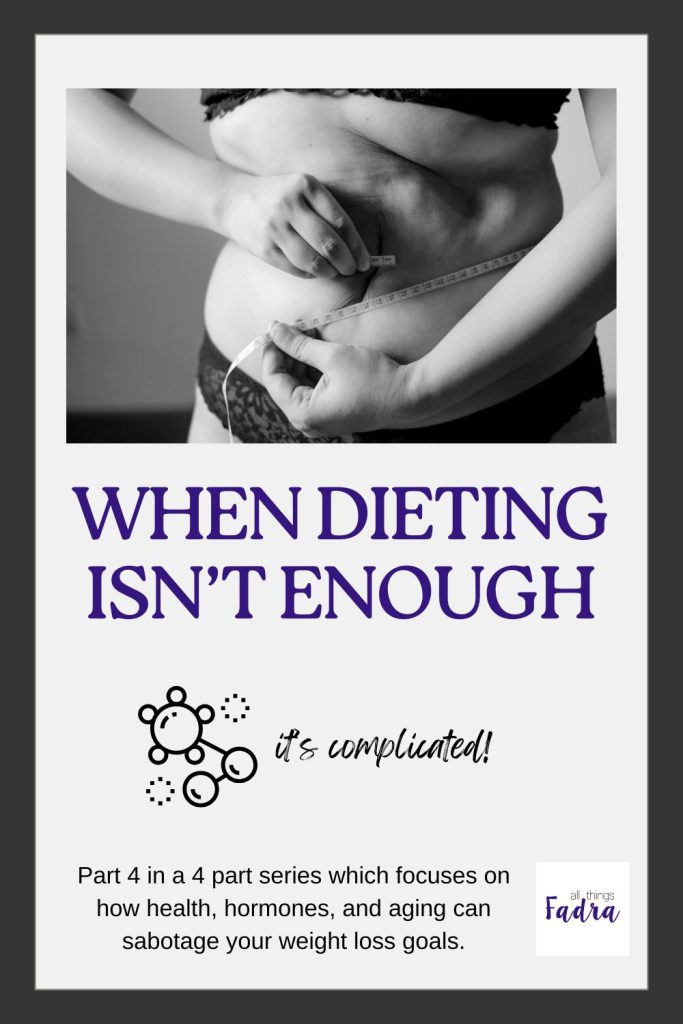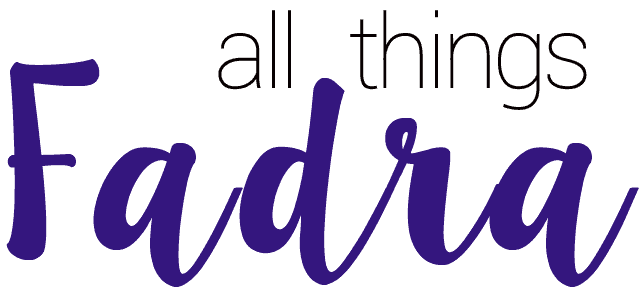If you’ve made it this far after reading everything about how to lose weight, you’re either really dedicated or really frustrated. I’ve been both… at the same time. There are complicating factors that not enough people talk about. Well, here I am to talk about them.
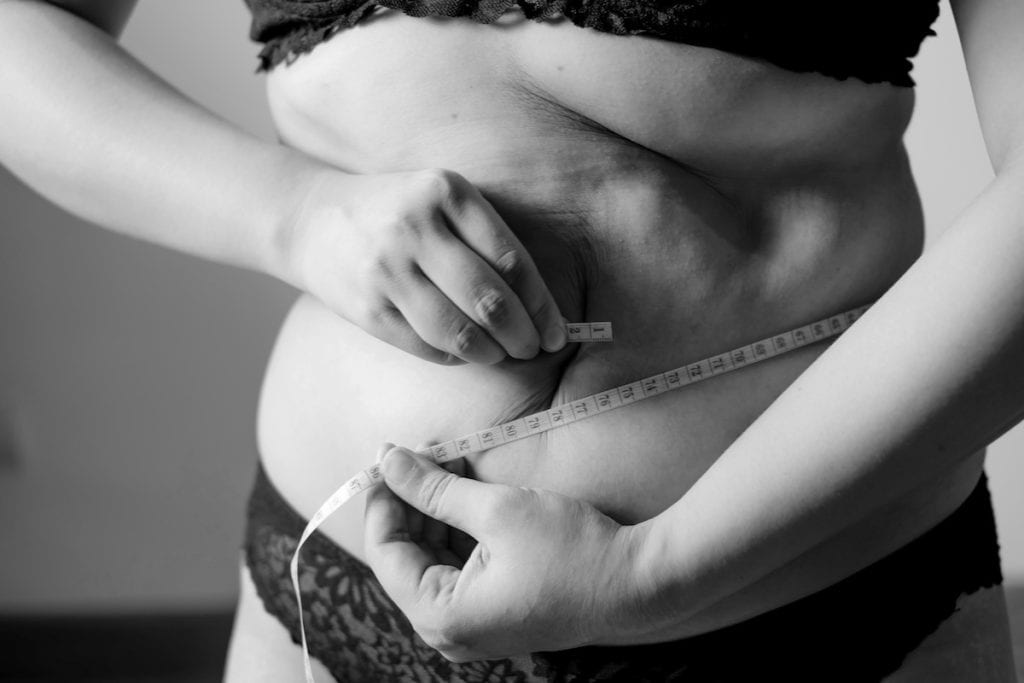
First of all, I’m not a doctor nor do I play one on the internet. I read the same articles that you do and google the hell out of them. Is caffeine really bad for you? Is red wine really good? Should I eat low carb? Should I fast? As the saying goes, opinions are like assholes. Everybody’s got one.
My opinion is that you should live your healthiest life while enjoying it at the same time. You can be healthy without being a swimsuit model. But being overweight (or overFAT) is bad for you, your cholesterol, your blood sugar, your joints, etc. Just accept that. This is not about body shaming or body positivity. It’s about body reality.
I get it—losing weight can feel impossible when you’re fighting factors like hormones or slower metabolism. We are not all built the same and a health plan is not a one size fits all. So with that in mind, here are some things to consider when dieting isn’t enough.
Why Diet Alone Doesn’t Always Work
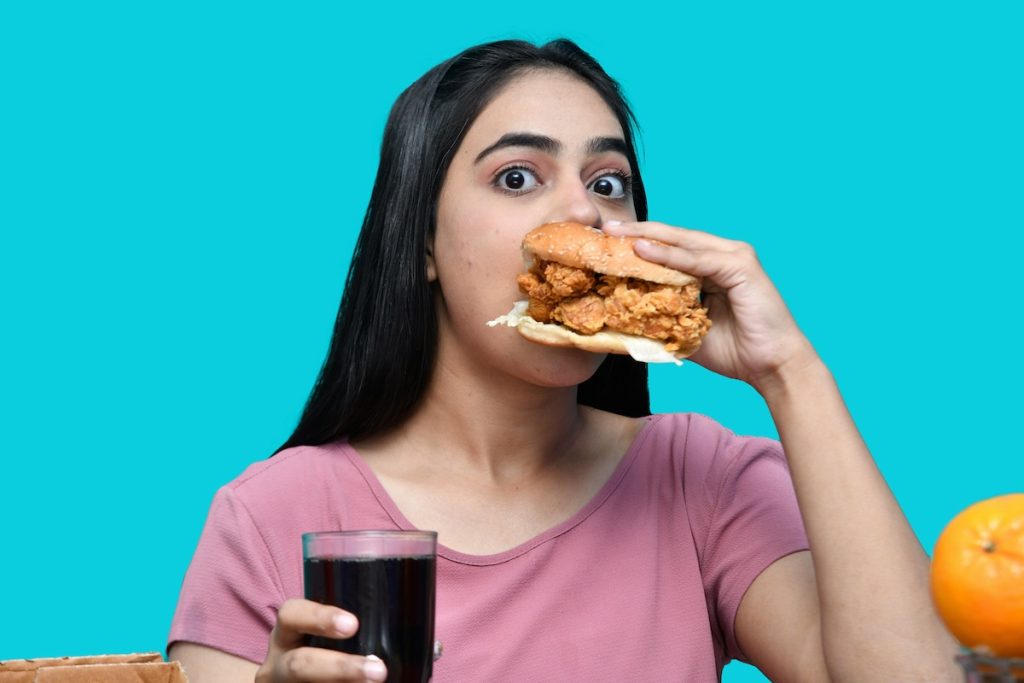
As I mentioned above, diet is not a one size fits all solution. And we all know that one person that can eat anything they want and literally never gain weight. Someone blessed them with an amazing metabolism. and hopefully the bloodwork to match. You may also have dietary restrictions or medical conditions or, God forbid, HORMONAL changes. Let me touch on that just a bit.
Medical Conditions that Impact Weight Loss
If you’re a diabetic, obviously you need to factor your carbs and sugars differently. If you have kidney problems, you may want to watch your protein intake. Bottom line is that you will want to consult with your doctor before making major dietary changes. But let me caution you to read thoroughly and come in with a suggested plan for your doctor to review. Because my experience is that doctors do not have the time to keep up with health “trends” and are quick to dismiss anything they personally aren’t super knowledgeable about. You can make it a collaborative visit and hopefully a way for both of you to learn about ways to improve your health.
Doctor Consultation Tip: Prepare specific questions and suggestions before your appointment to make discussions more productive.
Understanding Hormonal Changes: MENOPAUSE and Andropause
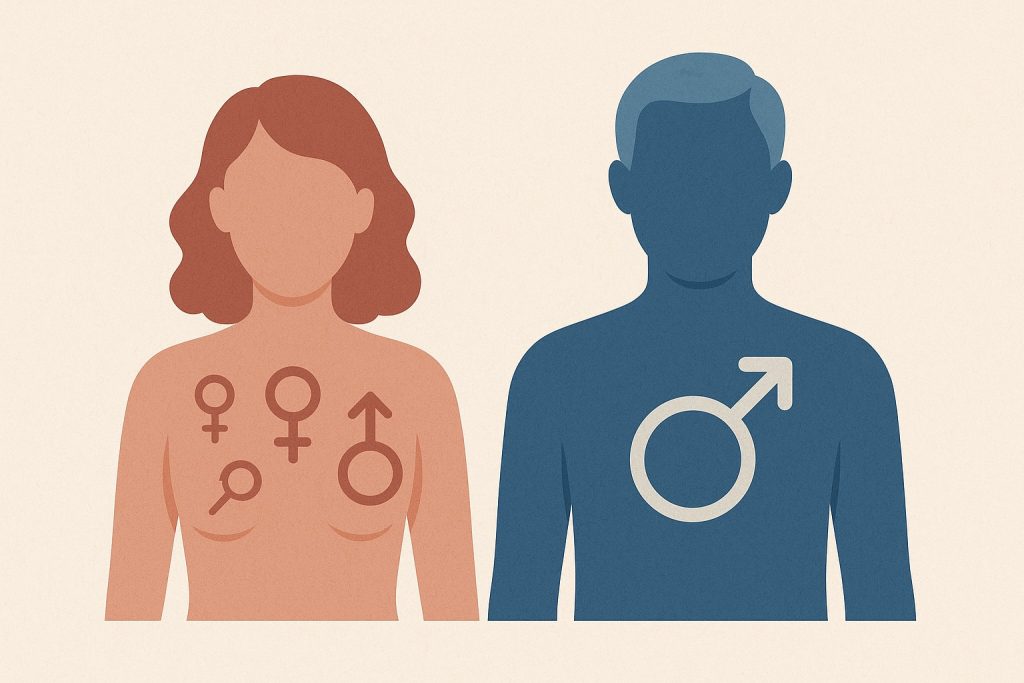
Yes, I put MENOPAUSE in all caps because it’s something that doctors don’t talk about enough. In your 30s or 40s, a woman will enter perimenopause which is the gradual decline in hormone levels like estrogen, testosterone, and progesterone. It’s your body’s way of saying, “if you want to have any more babies, better hurry up!”
Eventually perimenopause progresses into menopause which is when you’ve gone an entire year without any periods. The results? Your body decides it’s time to slow down. That means your metabolism (as fat accumulates around your waist), your moisture levels (hello dry skin), your hair production (thinning hair!), and more wonderful things to remind us of our station in life.
But we’re not alone! Men go through a much slower and more gradual decline called andropause which is a result of the decline in the product of testosterone. Similar things happen with libido, hair, weight, and skin.
There are two main ways to combat this.
Exploring Hormone Replacement Therapy (HRT)
This is definitely not the path for everyone but there are safe ways to seek hormone replacement therapy. I started seeing a clinician at Midi Health and never felt so seen and heard in all my life. After some very frank discussions about the pros and cons of HRT, I decided to start using bioidentical hormone replacements (estrogen and progesterone) which have been a miracle worker for many of my symptoms. Likewise, men can seek out testosterone therapy to help re-establish their levels. However, it’s not a silver bullet when it comes to getting rid of that middle aged bulge. It’s about boosting your metabolism.
Strength Training for Metabolism Boosting
I’ve been sending my money to a gym for years and actually going to the gym for a few of them! It wasn’t until 2023 when my son was determined to lose weight that he taught me about the importance of strength training.
Before we get into the specifics, here’s what you need to know. Muscles burn more calories than fat. I’m sure you’ve heard that before. But let’s look at numbers to really drive the point home.
Using a nutrition tool like the Katch-McArdle Calculator (free, by the way), you can look at an average 200 pound person with a relatively high body percentage – let’s assume 35%. Regardless of exercise or diet or anything, if that person did absolutely nothing, they would burn 1644 calories at rest. As I mentioned before, your BMR is you Basal Metabolic rate, or the amount of calories needed to keep your body functioning even if you did nothing but sit on a couch all day.
Let’s look at another 200 pound person who only has 20% body fat. Again, we’re not factoring in exercise, age, height, or any other factor. Just weight and body fat percentage. And this person would burn 1938 calories at rest.
This is one the biggest reasons it’s important to lose fat and focus on muscle. The more lean you are, the more efficient your body is.
Strength Training Tip: Start simple—aim for two sessions a week focusing on major muscle groups.
Choosing How You Age
As we age, many people have come to accept that we naturally slow down. Our skin sags, our hair turns gray, and we ache every time we get out of bed.
Listen, these things are all true (or can be true) because we don’t change our lifestyle to accommodate our changing bodies. As one of my favorite fitness influencers often says, WE GET TO CHOOSE HOW WE AGE.
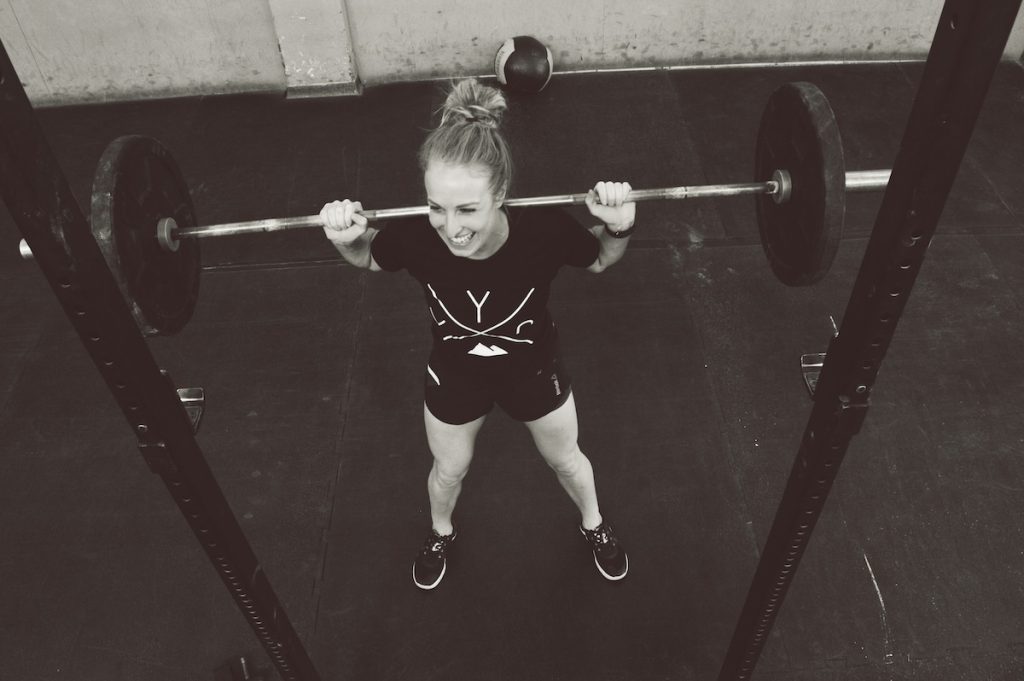
We don’t have to accept that we’re just more tired now. We’re likely more tired because we aren’t using our bodies as much because we ARE tired. We’re likely gaining weight because nobody talks about how our metabolism changes as we age and how we should adjust our lifestyle accordingly.
Clearly I’ve gone into the anti-aging territory of health and wellness because that is the phase of life that I’m in. But anything you do now is putting money in your health bank, because you never know when you need to cash in.
Remember, aging doesn’t have to mean slowing down. Small, consistent efforts today can drastically shape your future well-being.
Reliable Resources for Health and Wellness
I know that losing weight, improving your diet, changing your lifestyle, and fighting the aging process can seem overwhelming, scary, de-motivating, seemingly impossible, confusing, contradictory, and more. It’s why I decided to write this series of articles. I’m not an expert. I’m just like you wondering how to make my life better. Here are some of my favorite resources to help you sift through all of the noise.
Fitness Influencers
Before you roll your eyes, just know that the people that I follow aren’t just pretty faces, hot bods, and a big following. These are knowledgable experts that offer advice and dispel myths and are worth following. I previously made a list of some of my favorite in my post Fitness Over 50: Who to Follow on Instagram. I still follow all of these people but I’m always looking for new resources. One of my current faves is Andy Fvng. Check him out here!
Books

Here’s a quick list of just some of the books that have helped me in my journey for knowledge AND health.
- Younger Next Year: Live Strong, Fit, Sexy, and Smart―Until You’re 80 and Beyond By Dr. Henry S. Lodge (Note this book is primarily geared towards men. They do make a “female” version but both are great!)
- Love Your Age: The Small-Step Solution to a Better, Longer, Happier Life by Barbara Grufferman
- Spring Chicken: Stay Young Forever (or Die Trying) by Bill Gifford
- The Obesity Code – Unlocking the Secrets of Weight Loss by Dr. Jason Fung
- Outlive: The Science and Art of Longevity by Dr. Peter Attia with Bill Gifford
- Beginner’s Guide to Weightlifting: Simple Exercises and Workouts to Get Strong by Kyle Hunt
- The Renaissance Diet 2.0: Your Scientific Guide to Fat Loss, Muscle Gain, and Performance by Dr. Mike Israetel, Dr. Melissa Davis, Dr. Jen Case, and Dr. James Hoffmann
If you’re looking for food advice, I’ve also purchased books on (and tried) the Whole 30 Diet, the Keto Reset Diet, and all the Skinnytaste cookbooks (my favorites!).
Apps
There are a million different fitness apps out there and they all serve a different purpose. If you ask 10 people, you’ll get 10 different recommendations. Most of the apps below are either apps that I currently personally use or have used or are widely regarded as legit in the fitness industry. The key is to find what works for you. And don’t be afraid to pay for something that has value to you (but always look for a free trial first!).
And don’t forget to use or integrate the native fitness apps for your tech gear (like the Health app on the iPhone and Apple Watch)
Calorie Tracking
- MyFitnessPal
- MacroFactor (I’m currently using this one)
- Cronometer
Fitness Tracking
I should also note that for fitness tracking, I’m not above using a Google sheet or even the Notes app!
General Health
I’m not a huge fan of any of the following apps because they’ve shifted a lot of their focus to GLP-1 treatments. Some people need the extra education, motivation, and options these app services provide and I have seen people achieve results. These might be for you!
Questions?
Listen, I’m not an expert. I’m just like you. Trying to figure it all out while looking good and staying healthy. If you’ve figured it out or have found must-have-resources, please share!
This is Part 4 of a four part series on losing weight and healthier living. I’m just like you – trying to take it all in and figure out what works. Join me for the rest of the series!
Part 1: How to Actually Lose Weight: A Realistic Approach (No Gimmicks!)
Part 2: Why Healthy Eating Matters More Than You Think: Calories and Macronutrients Explained
Part 3: How to Stay Motivated and Lose Weight: Tools That Really Help
